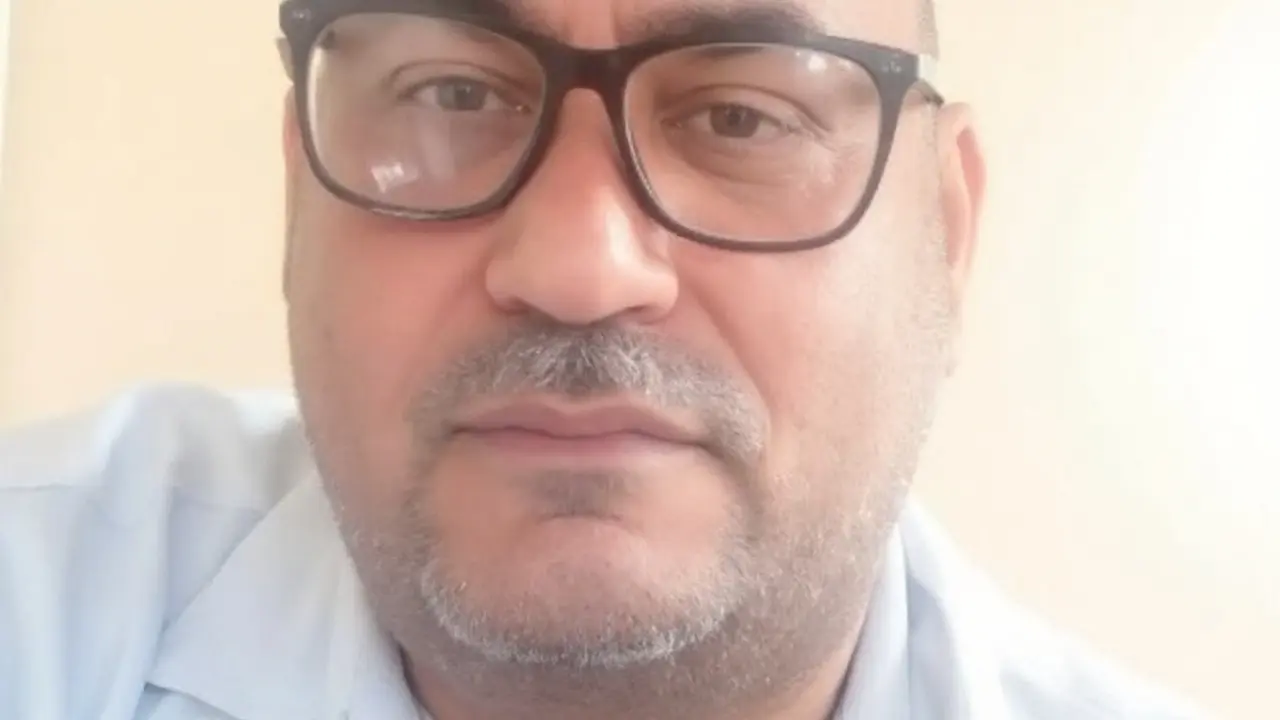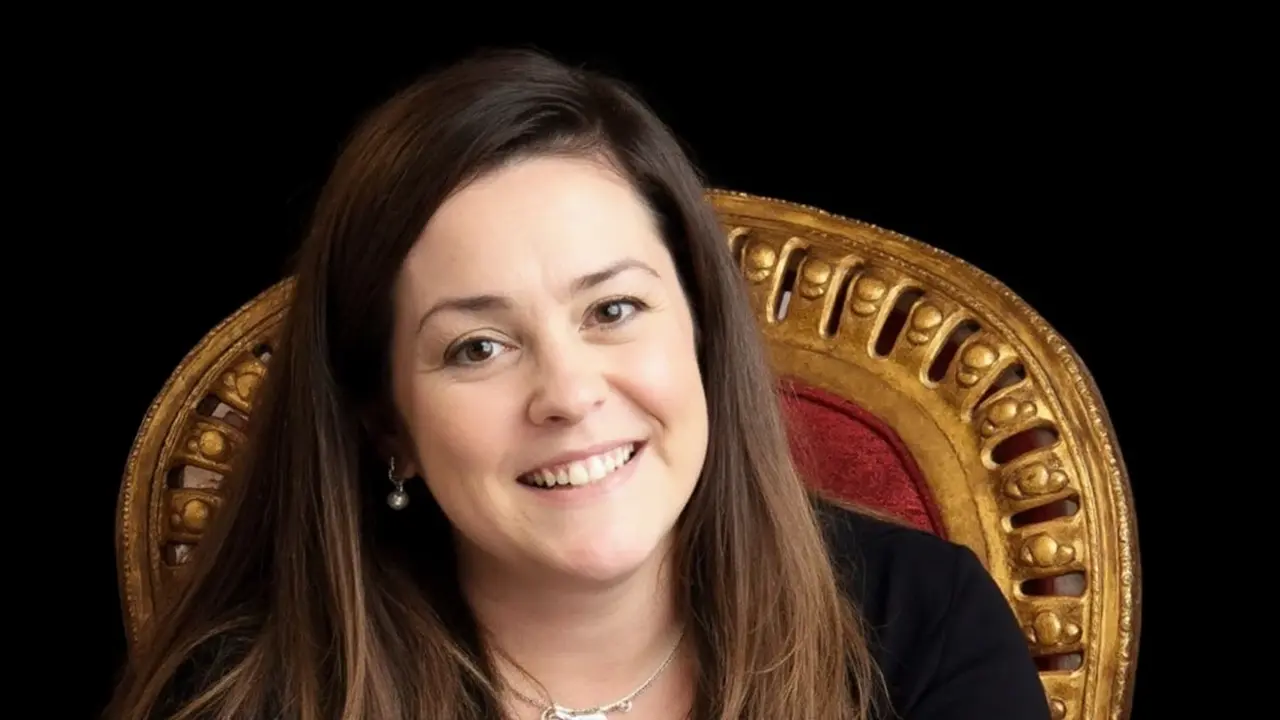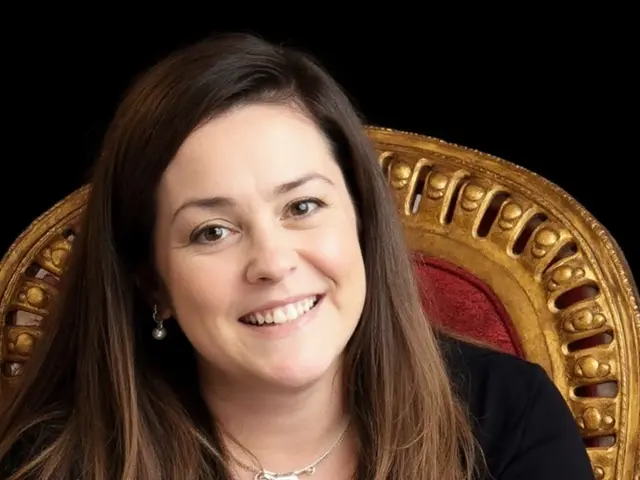Parole Decision That Shook a Nation
The parole board’s recent decision to grant conditional release to Frans du Toit and Theuns Kruger, the men convicted for the 1994 near-fatal attack on Alison Botha, has sent shockwaves through South Africa. People across the country have been asking the same thing: how could two men, officially considered a significant long-term risk to females, even be considered for release?
This isn’t just some dry legal drama. Back in 1994, Botha was abducted outside her home, stabbed dozens of times, and left for dead. Her survival, testimony, and later advocacy have made her a national symbol for gender-based violence survivors. Du Toit and Kruger both received life sentences. Fast forward to 2025, and the news that these men — whose reports still flagged them as high risk — were granted parole, sparked immediate public fury.
Correctional Services Minister Dr Pieter Groenewald clearly felt the heat. Acting on findings from legal experts and community feedback, he swiftly used his authority under the Correctional Services Act to pull the plug on their parole. The result? Both men are back in prison, set to serve the rest of their sentences behind bars.

Transparency, Trust, and Flaws in the Parole System
How could this even happen? Internal documents highlighted by news outlet EWN show it wasn’t a communication breakdown. Correctional authorities had clearly labelled both men as ongoing threats to women. Still, the parole board greenlit their release. That gap between official risk assessment and parole decision has triggered calls for a major overhaul of how parole is handled — especially for violent and gender-based crimes.
Women’s rights groups, like Women For Change, have called the original decision 'incomprehensible' and demand more accountability. Activists say reports like this signal something deeply wrong: If victims can’t trust the system to keep dangerous offenders inside, what message does that send to other women facing violence?
Alison Botha herself, who’s spent years helping other survivors find their voice, cheered on the Minister’s decision. She’s pointed out that nobody should have to worry their attacker could walk out of jail, especially when experts still call them dangerous. The government’s media team confirmed the move was all about public safety, not politics or pressure.
This case has become a flashpoint for a much broader issue in South Africa. People are now demanding to know who is really being prioritized when parole boards make decisions. The stakes are high: every high-profile release like this chips away at faith in the justice system, especially for those who’ve already been through unimaginable trauma.
There’s now growing momentum among politicians and grassroots groups to overhaul parole protocols — not just for high-profile cases, but across the board. Victims’ voices, safety assessments, and transparency are being pushed to the front and center of the reform movement. For many, this isn’t just about Alison Botha’s case. It’s about every woman who wonders if justice might fail her twice.


